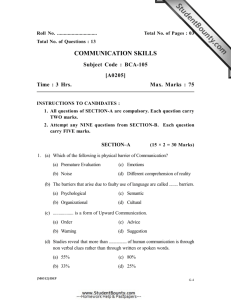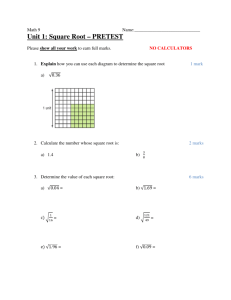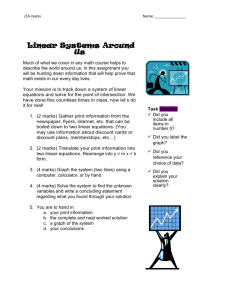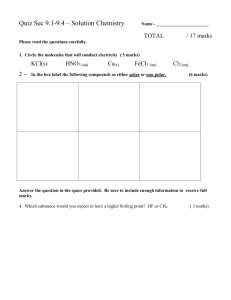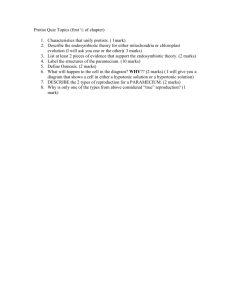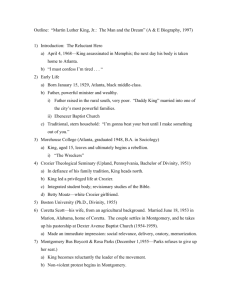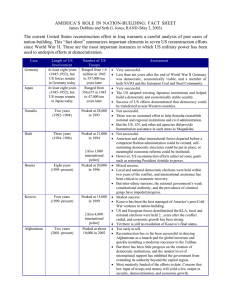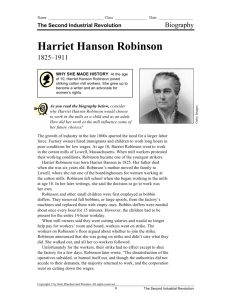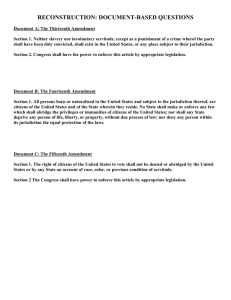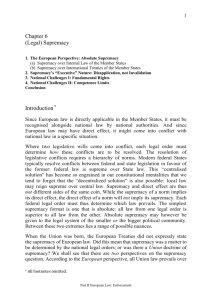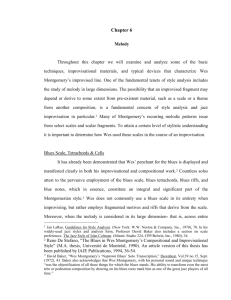Final Exam Study Sheet
advertisement
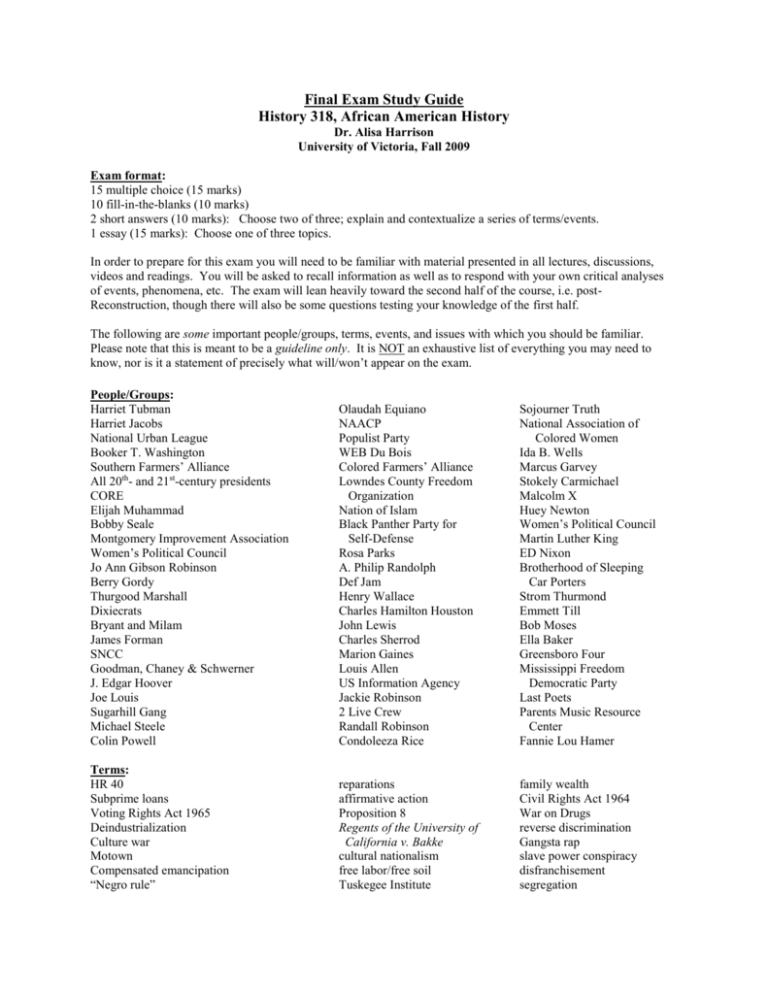
Final Exam Study Guide History 318, African American History Dr. Alisa Harrison University of Victoria, Fall 2009 Exam format: 15 multiple choice (15 marks) 10 fill-in-the-blanks (10 marks) 2 short answers (10 marks): Choose two of three; explain and contextualize a series of terms/events. 1 essay (15 marks): Choose one of three topics. In order to prepare for this exam you will need to be familiar with material presented in all lectures, discussions, videos and readings. You will be asked to recall information as well as to respond with your own critical analyses of events, phenomena, etc. The exam will lean heavily toward the second half of the course, i.e. postReconstruction, though there will also be some questions testing your knowledge of the first half. The following are some important people/groups, terms, events, and issues with which you should be familiar. Please note that this is meant to be a guideline only. It is NOT an exhaustive list of everything you may need to know, nor is it a statement of precisely what will/won’t appear on the exam. People/Groups: Harriet Tubman Harriet Jacobs National Urban League Booker T. Washington Southern Farmers’ Alliance All 20th- and 21st-century presidents CORE Elijah Muhammad Bobby Seale Montgomery Improvement Association Women’s Political Council Jo Ann Gibson Robinson Berry Gordy Thurgood Marshall Dixiecrats Bryant and Milam James Forman SNCC Goodman, Chaney & Schwerner J. Edgar Hoover Joe Louis Sugarhill Gang Michael Steele Colin Powell Olaudah Equiano NAACP Populist Party WEB Du Bois Colored Farmers’ Alliance Lowndes County Freedom Organization Nation of Islam Black Panther Party for Self-Defense Rosa Parks A. Philip Randolph Def Jam Henry Wallace Charles Hamilton Houston John Lewis Charles Sherrod Marion Gaines Louis Allen US Information Agency Jackie Robinson 2 Live Crew Randall Robinson Condoleeza Rice Sojourner Truth National Association of Colored Women Ida B. Wells Marcus Garvey Stokely Carmichael Malcolm X Huey Newton Women’s Political Council Martin Luther King ED Nixon Brotherhood of Sleeping Car Porters Strom Thurmond Emmett Till Bob Moses Ella Baker Greensboro Four Mississippi Freedom Democratic Party Last Poets Parents Music Resource Center Fannie Lou Hamer Terms: HR 40 Subprime loans Voting Rights Act 1965 Deindustrialization Culture war Motown Compensated emancipation “Negro rule” reparations affirmative action Proposition 8 Regents of the University of California v. Bakke cultural nationalism free labor/free soil Tuskegee Institute family wealth Civil Rights Act 1964 War on Drugs reverse discrimination Gangsta rap slave power conspiracy disfranchisement segregation Jim Crow Gang labor Indentured servant Maroons Grandfather Clause KKK Talented Tenth New Negro Rhythm ‘n’ Blues Black Arts Movement Voter registration Brown v. Board of Education Freedom Rides Missouri v. Canada, 1938 Fair Employment Practices Commission States’ rights Executive Order 8802 Events: Great Migrations Wilmington Massacre Relevant presidential elections since Reconstruction Great Depression Plessy v. Ferguson hiring out plantation generation fusion rule New South Black Codes Niagara Movement urbanization Rock ‘n’ Roll “keeping it real” direct action Brown II COINTELPRO March on Washington Movement New Deal Freedom Summer Black Power sharecropping task labor charter generation Reconstruction Amendments Redemption Lynching Home Rule Jazz and blues hip hop culture civil rights movement organizing Journey of Reconciliation Kerner Commission Southern Manifesto AAA Double V Survival programs black nationalism Selma to Montgomery March Red Summer riots Democratic National Convention 1964 March on Washington 1963 Bloody Sunday Montgomery Bus Boycott Harlem Renaissance WWI and II James Meredith March Against Fear Issues: Changing relationship between the North and South Historical process of racialization African Americans’ relationships to and influence on the Democratic and Republican parties Relationship between federal and state governments Impact of the Cold War on American society, culture and policy (domestic and foreign) Power relations of Jim Crow (dynamics of race, sexuality, gender and class) Growth of white supremacy after the Civil War Domestic terrorism African American freedom struggle Transition from slavery to freedom Failures of Reconstruction Economic analysis of 20th-century white supremacy


